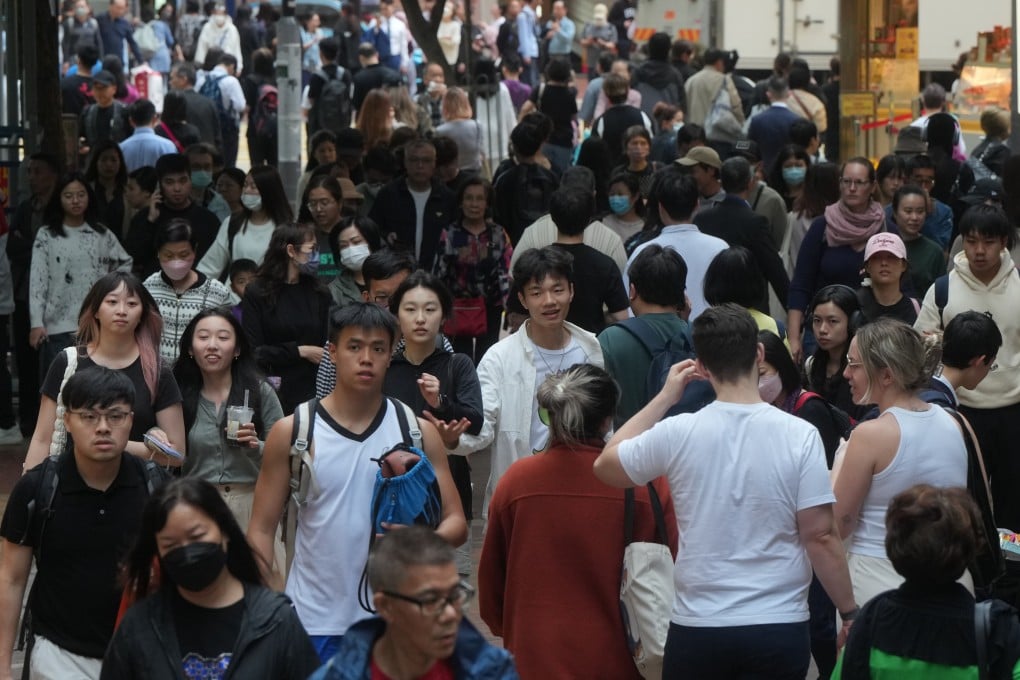Advertisement
Environmental sustainability a top concern for Gen Z, millennials as they push businesses to take climate action: Deloitte
- Most respondents believe businesses should do more to enable consumers to make more sustainable decisions
- Nearly eight out of 10 believe governments should play a bigger role in pushing companies to address climate change
Reading Time:2 minutes
Why you can trust SCMP

Environmental sustainability is a leading concern for the younger generation, and they have been pushing businesses to take more action on climate change, according to a Deloitte survey.
Around six out of 10 Generation Z (Gen Z) and millennials had reported feeling anxious or worried about climate change within the previous month, while the majority believe businesses should do more to enable consumers to make more sustainable purchasing decisions, said the findings of Deloitte’s 2024 Gen Z and Millennial Survey released on Wednesday.
The study of thousands of people globally defines Gen Z as people born between January 1995 and December 2005, while millennial respondents were born between January 1983 and December 1994.
Advertisement
“Protecting the environment is the societal challenge where respondents feel businesses have the greatest opportunity and necessary influence to drive change,” said Deloitte in the report. “And Gen Zs and millennials are pushing business to do so, through their career decisions and their consumer behaviours.”
One member of the Gen Z clan is Tiger Yung, the 24-year-old founder of an environmental, social and governance (ESG) start-up who tries to help firms transition to more sustainable business practices and drive “meaningful change” in his career.
“Corporates have a responsibility to do more so that customers can make more sustainable purchasing decisions,” he told the Post.
Advertisement
Advertisement
Select Voice
Select Speed
1.00x
